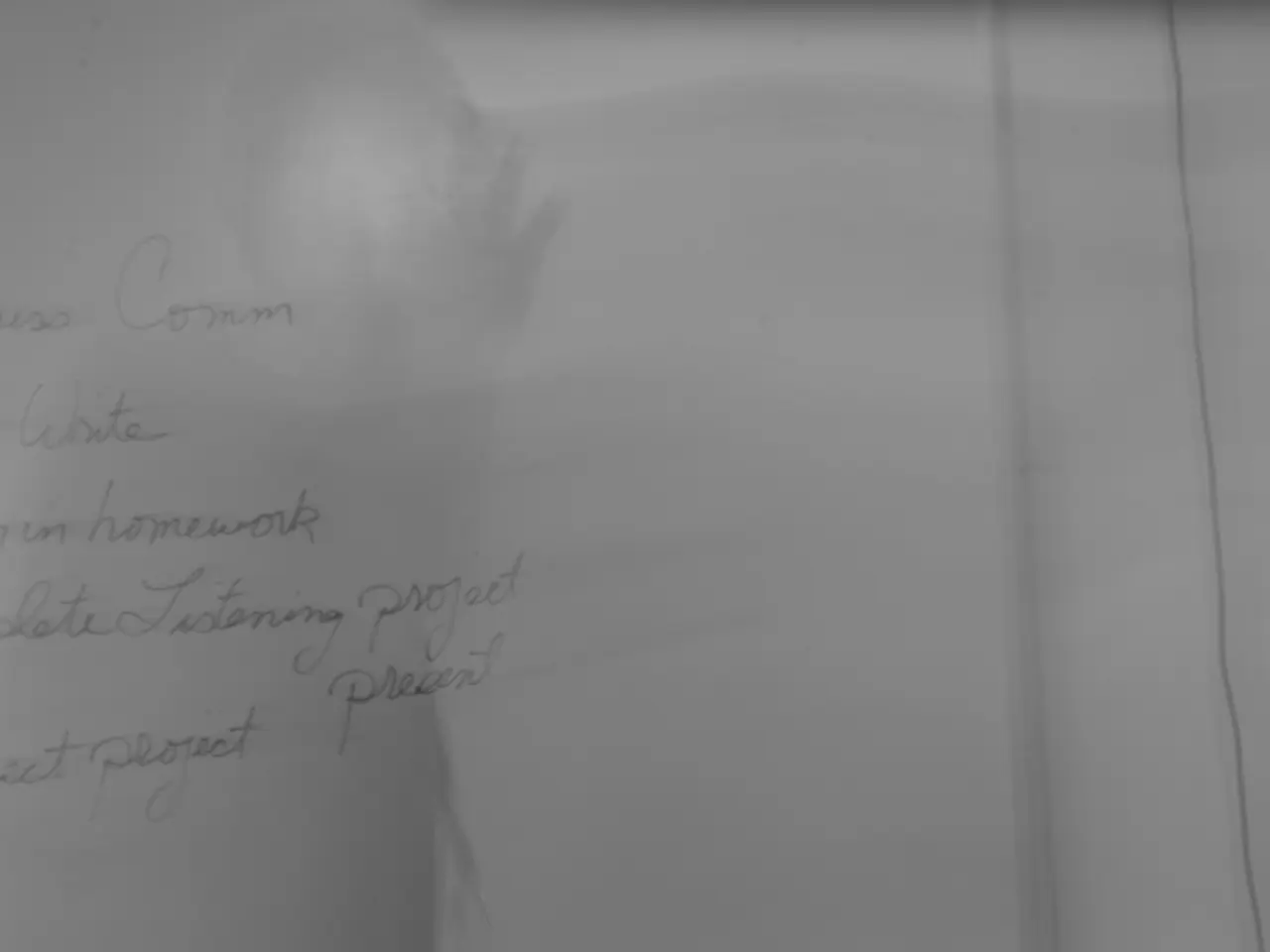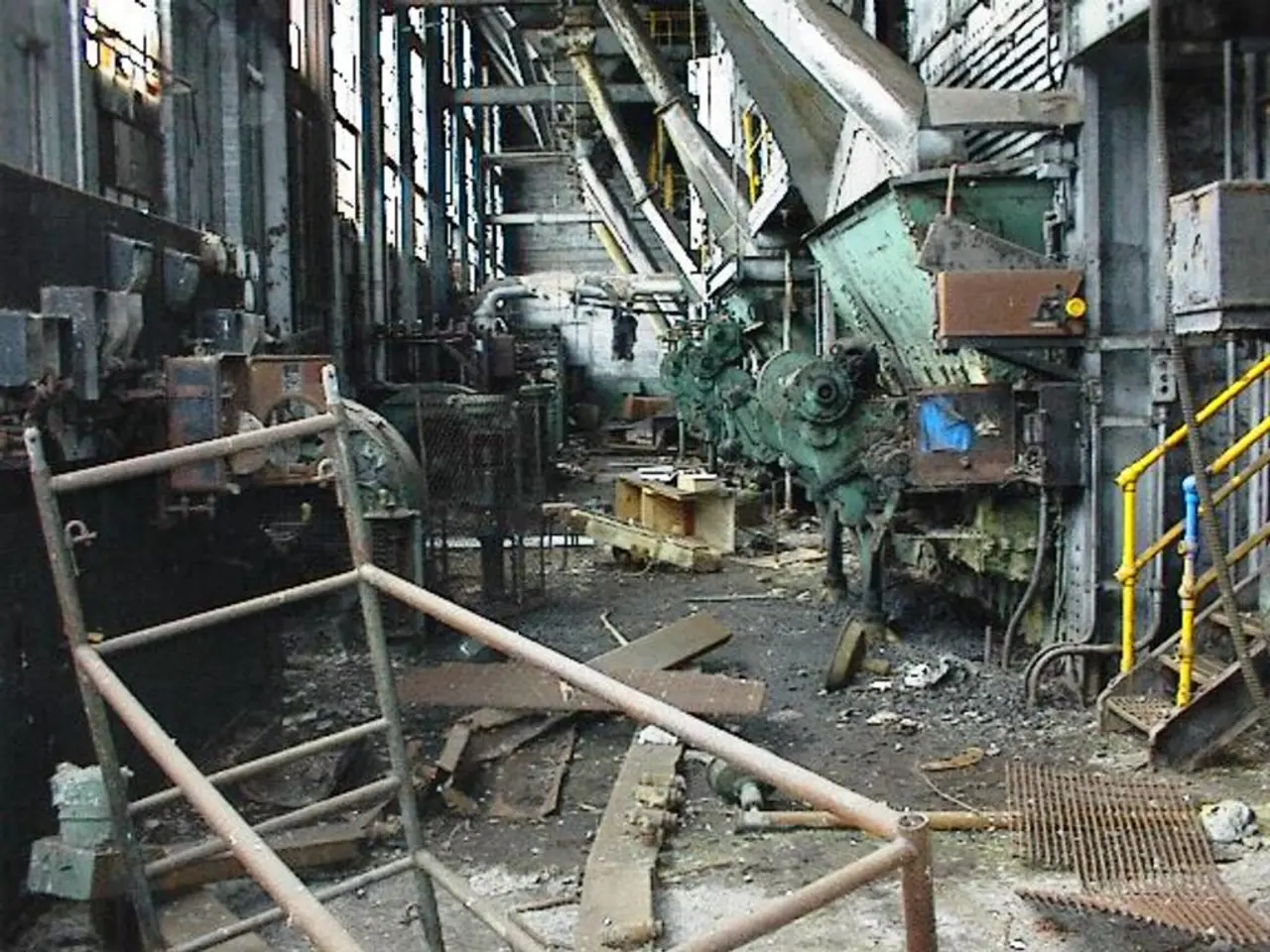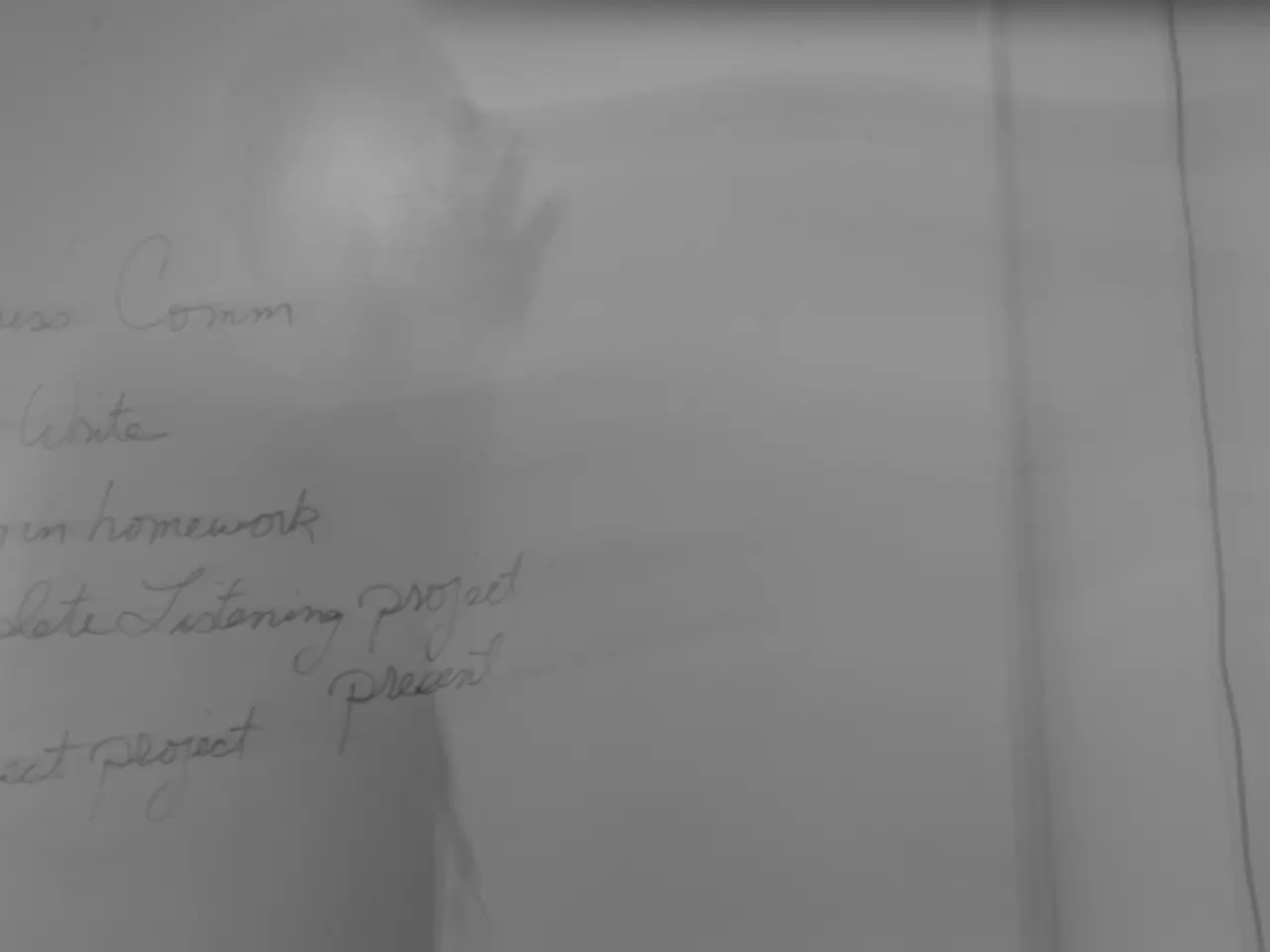Strategic Triumph for Ukraine: A Realistic Prospect, Not Merely a Fantasy
In the ongoing conflict between Ukraine and Russia, both sides have faced significant challenges. Ukraine has achieved military successes such as Operation "Web" and successful defense in 2022, yet the war remains unresolved as of January 2025. Meanwhile, Russia has adapted to economic sanctions by partially disconnecting banks from SWIFT, making the measures less effective.
Recognizing the need for a more robust response, the EU and US are proposed to coordinate their efforts to strengthen economic sanctions on Russia, aiming to undermine its economy and support Ukraine’s defense industry and infrastructure restoration.
The first step involves harmonizing and intensifying sanctions regimes. The growing divergence in US and EU sanctions policies needs to be addressed. The US has shown mixed signals, while the EU has taken a firmer stance. Renewed coordination and alignment in sanction targets and enforcement could close loopholes and increase pressure on Russia.
Financial restrictions, such as banning SWIFT access for most Russian banks, blocking transactions with the Russian central bank, and prohibiting crypto services to Russian nationals, should be deepened. Targeting Russia’s shadow oil tanker fleet and other means Russia uses to circumvent sanctions should also be considered.
Expanding financial measures includes freezing more Russian assets globally and increasing the use of these frozen assets to directly finance Ukraine’s military and reconstruction efforts. Transparency and monitoring of transactions involving Russian-connected entities should also be increased.
Enhancing energy and trade sanctions involves banning Russian coal and oil imports, drastically reducing gas imports, and further tightening the oil price cap. Raising tariffs and import bans on Russian and Belarusian goods should also be extended to other key Russian export sectors.
Supporting Ukraine’s defense industry and reconstruction involves allocating more frozen Russian assets for Ukraine’s military modernization and infrastructure restoration programs. Joint initiatives to transfer advanced defense technology and expertise directly to Ukraine’s defense industry should also be fostered. Support for Ukraine's EU accession process and reforms is also crucial.
Maintaining political unity and enforcement is critical. The current US administration's signs of disengagement from sanctions enforcement risk fragmenting western efforts against Russia. Reinforcing political will to maintain unified pressure and avoid mixed signals is essential.
By tightening financial restrictions, expanding trade and energy sanctions, coordinating enforcement, and channeling assets directly to Ukraine’s defense and rebuilding efforts, the EU and US can increase the economic costs of Russia’s aggression while strengthening Ukraine’s resilience and eventual recovery. The frozen Russian assets worth around $300 billion could finance Ukrainian defense industry, weapons purchases, infrastructure restoration, and humanitarian needs.
However, it's important to note that Kyiv is unwilling to compromise on sovereignty, while Moscow demands surrender but is not ready for compromise. The West is urged to act decisively to shift the balance in favor of Kyiv, rather than maintaining a policy of "limited support" that could prolong the war.
[1] "The West's Sanctions on Russia: A Failure or a Strategy?", The Economist, 2025 [2] "Ukraine's Road to Recovery: The Role of Economic Sanctions and Western Support", The New York Times, 2025 [3] "The EU's Sanctions on Russia: A Comprehensive Review", European Commission, 2025 [4] "The US's Sanctions on Russia: An Assessment of Effectiveness", US Department of State, 2025
- The EU and US are contemplating strengthening economic sanctions on Russia, aiming to finely target its economy, particularly its finance and business sectors, with the hope that it will undermine Russia's economy and support Ukraine’s defense industry and infrastructure restoration.
- In light of the ongoing war-and-conflicts between Ukraine and Russia, policy-and-legislation is being drafted to harmonize and intensify sanctions regimes, addressing the growing divergence in US and EU sanctions policies to close loopholes and increase pressure on Russia.
- The unfolding general-news regarding the war-and-conflicts between Ukraine and Russia emphasizes the importance of politics in guiding the response, with both sides urgently needing a more robust response, but Kyiv being unwilling to compromise on sovereignty and Moscow demanding surrender yet not ready for compromise.






